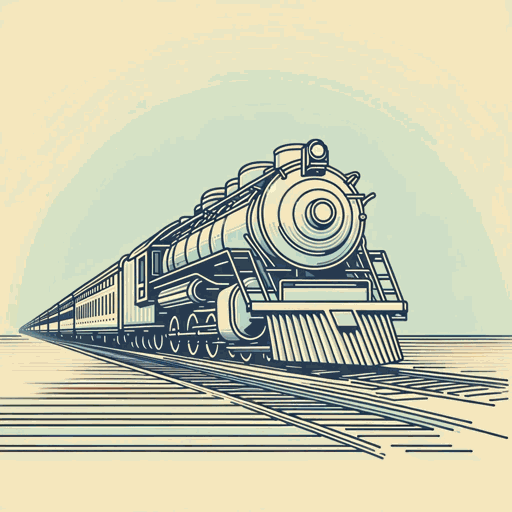55 pages • 1 hour read
Ayn RandAtlas Shrugged
Fiction | Novel | Adult | Published in 1957A modern alternative to SparkNotes and CliffsNotes, SuperSummary offers high-quality Study Guides with detailed chapter summaries and analysis of major themes, characters, and more.
Themes
The Objectivist Perception of Morality
Content Warning: This section of the guide discusses ableism.
Atlas Shrugged functions as a literary analogy, communicating the moral precepts of objectivism through the characters and the narrative. From an objectivist perspective, the protagonist Dagny Taggart and her allies embody virtue through characteristics such as self-actualization, capitalist productivity, and egotism. The society that they build in Galt’s Gulch and the future they envisage are utopias: ideal worlds where the virtuous are able to live in harmony and fulfillment.
In contrast, the looters and moochers who function as the novel’s antagonists and control society for the duration of the narrative embody the worst sins against the objectivist doctrine: violence, altruism, and a lack of productivity. The Twentieth Century Motor Company is essentially the opposite of Galt’s Gulch as an anti-utopia founded on values antithetical to those of objectivism. Through dialogue and the portrayal of characters and characteristics, Rand clearly communicates her stance in favor of objectivist perceptions of morality throughout the course of the novel.
The objectivist perception of morality and the fundamental principles of the philosophy were implicit in Rand’s earlier fictional works but made explicit in Atlas Shrugged.
Related Titles
By Ayn Rand
Featured Collections
Books Made into Movies
View Collection
Challenging Authority
View Collection
Jewish American Literature
View Collection
National Book Awards Winners & Finalists
View Collection
Philosophy, Logic, & Ethics
View Collection
Power
View Collection
Science Fiction & Dystopian Fiction
View Collection




